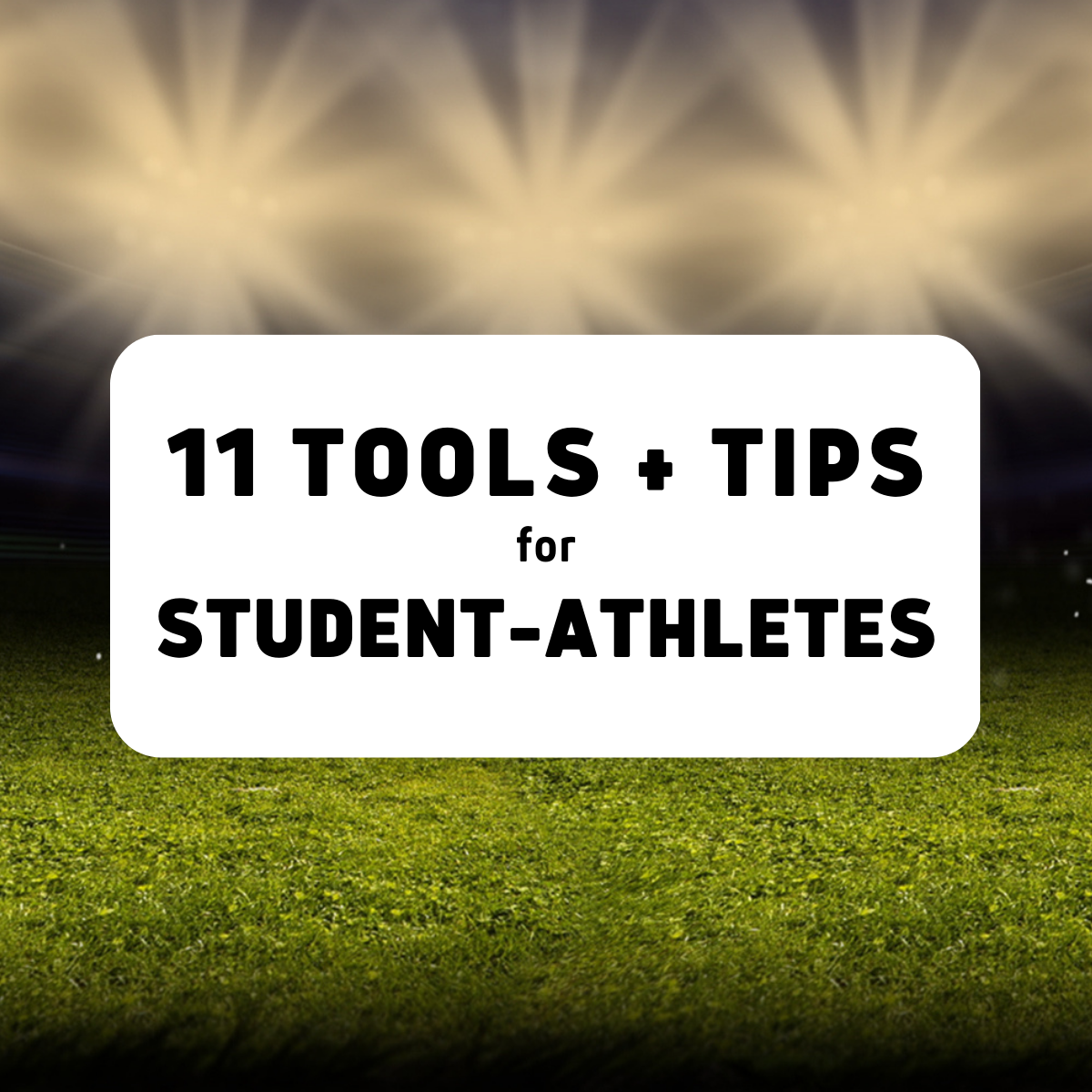Love Languages Aren't Enough to Have an Amazing Relationship
Take a minute to think about all the relationship examples in your life… how many of them do you admire and aspire to? Meaning, would you want to be be in a relationship like that or do you wish you could have a relationship like that?
The answer for most people is not many, usually 3 or less. Some of you may have no good examples of a good romantic relationship.
That’s not really a surprise, seeing that the current divorce rate in America is 50% for first-time marriages and 68% on second marriages. That doesn’t even include the plethora of couples who are together but deeply unhappy.
Even though the landscape might be grim, there is SO MUCH room for hope and improvement!
Having a great relationship doesn’t have to be an elusive goal in life.
I’ve heard people so often talk about Love Languages as a key to success. But just knowing your Love Languages isn’t enough to create a fulfilling romantic relationship.
We can’t place the success of our entire relationship on just one bit of information! We also need to know how to implement that information, integrate it into our relationship, and build upon it with other information, habits, and tools.
Going Beyond Love Languages
Think about your professional life… You set goals, have tasks to complete, you likely do weekly or monthly check-ins with your manager, quarterly reviews, performance reviews, and yearly planning.
These goals and processes (usually) help us give constructive feedback, set expectations, help us grow, and set us up for success.
But we often don’t apply these principles to our personal and romantic lives.
In order to have a fulfilling, loving romantic relationship, we need to apply some of the same principles we use at work - both as individuals and as a couple, especially:
Communicating expectations
Discussing priorities
Having & sharing goals
Regular check-ins
Establishing relationship rhythms
We also need to be able to give and receive feedback so we can make adjustments and improvements.
Building Great Habits
In addition to creating a structure in your relationship, the more authentic you are in your relationship, the happier you’re going to be and the better the relationship will go.
If you are trying to please someone or go along with their hobbies just to impress them, that will likely lead to mis-alignment down the line. Doing things to support your love interest or significant other is great, but pretending to like something when you don’t is where you’ll get into trouble.
Authenticity is crucial, but being a thoughtful, funny, and supportive partner isn’t enough to make a great relationship last OR thrive.
The good news is that there ARE specific things you can do to co-create a thriving and fulfilling long-term relationship!
Here are 7 things that will make your relationship grow & thrive:
Establishing and sticking to relationship rhythms: monthly check-in, weekly date nights, educational date night, etc.
Learning how to communicate with each other better, becoming less defensive.
Learning specific things that the other person needs to feel loved - beyond just love languages - and responding to bids for connection.
Staying curious about ourselves and each other.
Making time for fun and also being spontaneous!
Having a “US vs. the problem” mentality, instead of “me vs. you.”
Both of you being committed to learning and growth, it takes 2 to make a great relationship!
If you enjoyed this article, you’re going to LOVE my new Relationship Workbook, that covers all this and MORE in depth - and it’s only $14!
This Workbook was made for anyone who desires a supportive, loving, and fulfilling romantic relationship - it includes reflection prompts, exercises, routine suggestions, and lots of tools.
You’ll uncover new truths about yourself, which will allow you to build a strong foundation, as well as deepen trust and connection with your partner! Click here to learn more.







